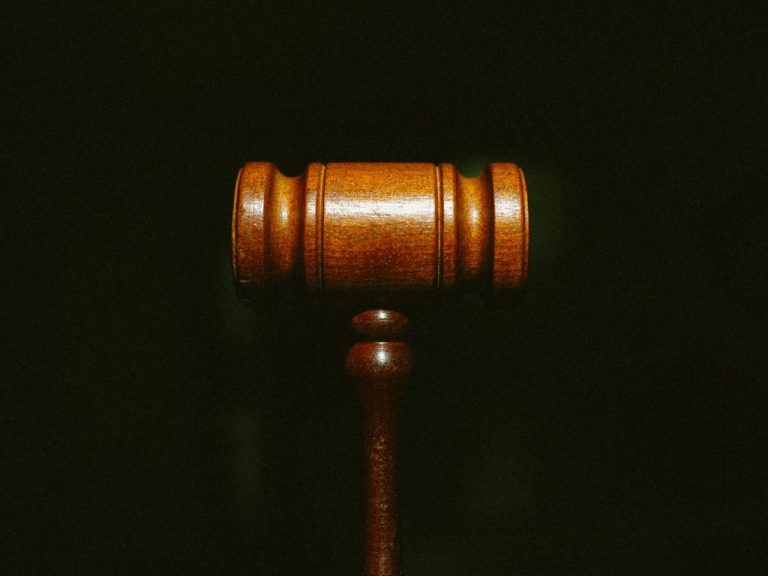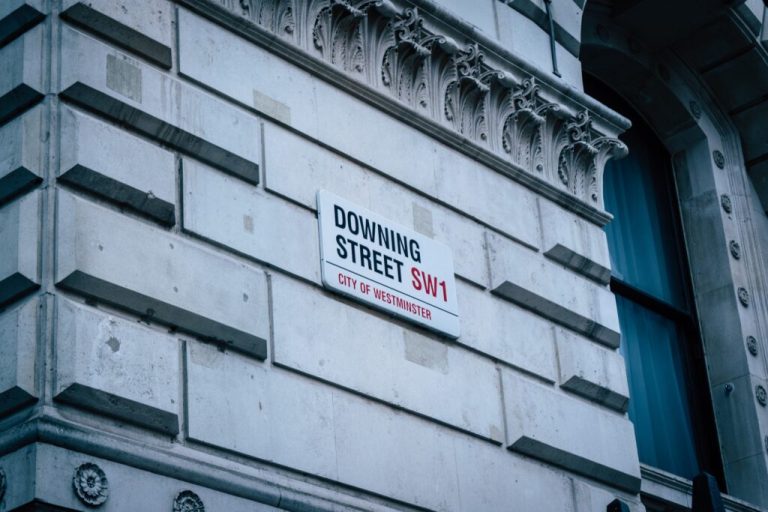Diverse Reactions Emerge as Facial Recognition Legislation Makes a Comeback
Reintroduction of Facial Recognition Legislation Receives Mixed Responses
The Facial Recognition and Biometric Technology Moratorium Act has been reintroduced in the 117th Congress, stirring diverse reactions. Initially presented in 2020, this legislation was brought back on June 15, 2021, by Senator Edward Markey (D-Massachusetts).
“We do not have to forgo privacy and justice for safety,” remarked Senator Markey. “This legislation is about addressing systemic racism and preventing invasive technologies from becoming ingrained in our society. We cannot overlook technologies that reinforce injustice, which is why law enforcement should refrain from using facial recognition tools.”
The proposed legislation aims to impose a comprehensive ban on the use of facial and biometric recognition technologies by government bodies, responding to a history of misuse and inherent biases. Evan Greer, Director of Fight for the Future, stated, “This technology fundamentally conflicts with essential liberties and human rights. It’s comparable to nuclear weapons rather than alcohol or tobacco—it cannot be regulated effectively and should be banned outright. Lobbyists in Silicon Valley are already seeking lenient regulations to continue marketing this dangerous and discriminatory technology to law enforcement.”
The American Civil Liberties Union (ACLU) has emerged as a prominent opponent of facial recognition technologies, advocating for individuals adversely affected by such systems. For example, they supported Robert Williams, a Black man wrongfully arrested in front of his family due to facial recognition errors. Kate Ruane, Senior Legislative Counsel for the ACLU, stated, “The risks associated with facial recognition technology are not merely theoretical—numerous studies and real-world instances highlight its dangers. The technology’s striking inaccuracy when applied to people of color has resulted in wrongful arrests, including that of ACLU client Robert Williams. Equipping law enforcement with enhanced surveillance capabilities perpetuates systemic discrimination. It’s time for action, and the Facial Recognition and Biometric Technology Moratorium Act represents a significant move to halt government reliance on facial recognition technology.”
On the other hand, some critics argue for the beneficial aspects of these technologies and advocate for increased oversight rather than an outright ban. The Security Industry Association (SIA) asserts that a complete prohibition would obstruct legitimate applications of facial and biometric recognition technologies, such as:
- Reuniting human trafficking victims with their families.
- Identifying individuals involved in the January 6 Capitol events.
- Detecting fraudulent documentation at airports.
- Aiding counterterrorism operations.
- Exonerating innocent persons accused of crimes.
Don Erickson, CEO of the SIA, commented, “Instead of implementing sweeping moratoriums, we encourage Congress to consider balanced legislation that guarantees ethical and responsible usage of facial recognition technology under proper oversight. The United States should remain at the forefront of innovation.” To bolster their position, the SIA recently conducted a poll with Schoen Cooperman Research, revealing that 68 percent of Americans believe facial recognition can enhance societal safety. The support rises for specific uses, reaching 75 percent for airlines and 70 percent for security in office buildings.
In response to ACLU-led campaigns, several jurisdictions, including San Francisco, Berkeley, and Oakland in California, as well as Boston, Cambridge, and others, have already banned police use of facial recognition technology.
Municipalities like Springfield and Somerville in Massachusetts, along with cities such as New Orleans, Louisiana; Jackson, Mississippi; Portland, Maine; Minneapolis, Minnesota; and Portland, Oregon, have taken significant steps regarding facial recognition technology. King County in Washington, along with the states of Virginia and Vermont, have also made similar decisions. Notably, New York has suspended the implementation of facial recognition in schools, while California has halted its use with police body cameras.
In addition, legislation on this topic is available for review in a PDF format.
For those interested in the evolving landscape of digital transformation, Digital Transformation Week North America is scheduled for November 9-10, 2021. This virtual event will delve into advanced digital transformation strategies in our increasingly digital world.
Stay informed with regular updates and insights from the tech industry.
Education, Legislation & Government
Teachers in England have received approval to integrate Artificial Intelligence (AI) into their teaching methodologies. This development indicates a significant shift towards embracing advanced technologies in education, signaling potential improvements in both teaching quality and student engagement.
Artificial Intelligence
AI continues to make substantial inroads into the cryptocurrency sector. Its influence is reshaping how digital currencies are developed and traded, with innovations paving the way for more efficient and secure transactions.
AGI and Society
Sam Altman, CEO of OpenAI, has stated that we have entered an era of superintelligence. This development raises critical discussions regarding the ethical implications and societal impacts of artificial general intelligence (AGI).
Subscribe
Receive all our premium content and the latest updates in technology directly to your inbox.
Explore
Learn more about us and our mission, or reach out through our contact form. Our privacy policy and cookie policy are accessible for your review.
Categories
Stay informed on topics such as Applications, Companies, Deep & Reinforcement Learning, Ethics & Society, Government Legislation, Machine Learning, Privacy, Robotics, and more.
Other Publications
Explore various tech news outlets including Developer, IoT News, Edge Computing News, and others to stay on top of industry trends.
Here is a list of various countries and territories:
- North Macedonia
- Northern Mariana Islands
- Norway
- Oman
- Pakistan
- Palau
- Palestine, State of
- Panama
- Papua New Guinea
- Paraguay
- Peru
- Philippines
- Pitcairn
- Poland
- Portugal
- Puerto Rico
- Qatar
- Romania
- Russian Federation
- Rwanda
- Réunion
- Saint Barthélemy
- Saint Helena, Ascension and Tristan da Cunha
- Saint Kitts and Nevis
- Saint Lucia
- Saint Martin
- Saint Pierre and Miquelon
- Saint Vincent and the Grenadines
- Samoa
- San Marino
- São Tomé and Príncipe
- Saudi Arabia
- Senegal
- Serbia
- Seychelles
- Sierra Leone
- Singapore
- Sint Maarten
- Slovakia
- Slovenia
- Solomon Islands
- Somalia
- South Africa
- South Georgia and the South Sandwich Islands
- South Sudan
- Spain
- Sri Lanka
- Sudan
- Suriname
- Svalbard and Jan Mayen
- Sweden
- Switzerland
- Syria Arab Republic
- Taiwan
- Tajikistan
- Tanzania, the United Republic of
- Thailand
- Timor-Leste
- Togo
- Tokelau
- Tonga
- Trinidad and Tobago
- Tunisia
- Turkmenistan
- Turks and Caicos Islands
- Tuvalu
- Türkiye
- US Minor Outlying Islands
- Uganda
- Ukraine
- United Arab Emirates
- United Kingdom
- United States
- Uruguay
- Uzbekistan
- Vanuatu
- Venezuela
- Viet Nam
- Virgin Islands, British
- Virgin Islands, U.S.
- Wallis and Futuna
- Western Sahara
- Yemen
- Zambia
- Zimbabwe
- Åland Islands






